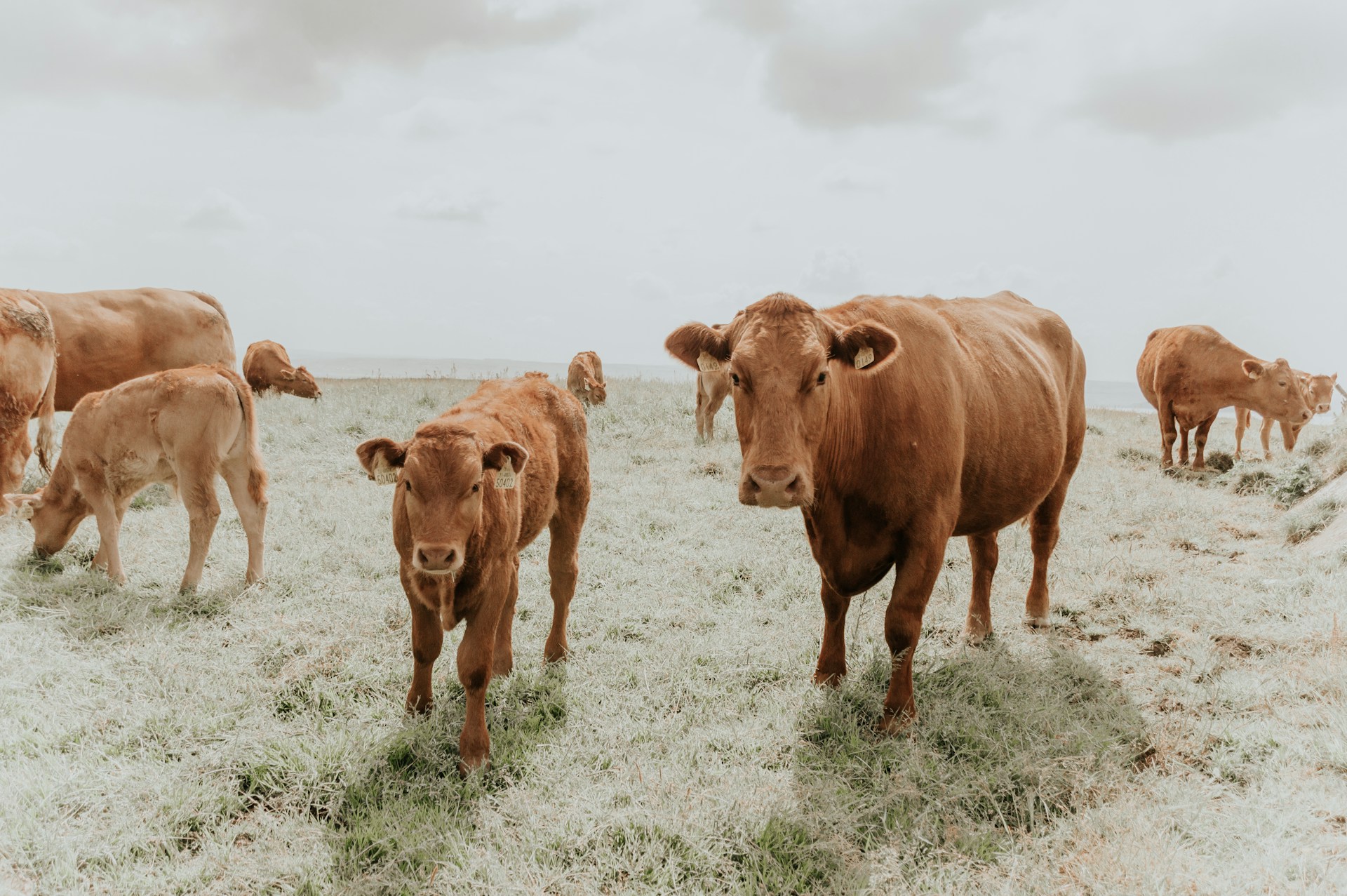The coalition government has announced greenhouse gases from agriculture will not be covered in the country’s Emissions Trading Scheme (ETS) next year.
Cabinet is also disestablishing primary sector climate action partnership He Waka Eke Noa from today, and will instead develop a new “Pasture Sector Group”. Today’s announcement also included further investment in technologies to lower on-farm emissions.
The SMC asked experts to comment on the news.
Dr Sebastian Gehricke, Director, Climate and Energy Finance Group; Senior Lecturer, Finance, University of Otago, Ōtākou Whakaihu Waka, comments:
“Agriculture, making up about half of our national emissions, has never been included in the ETS, so this is really just a stop in plans to price agricultural emissions. These were meant to be priced in their own scheme or enter the ETS by 2025. Really what is happening now is just avoiding the pricing of these emissions.
“The National Party has previously stated that the ETS is their single policy tool to fight climate change, yet they are not enabling it to be that tool, by fixing the issues in the ETS. Further, if half our emissions remain outside of the ETS and are not priced, how can this tool impact those emissions at all?
“I have heard the referral to New Zealand farms being the most carbon emission efficient in the world many times. First question one should ask to understand this is, where do those numbers come from? Who funded the research? And if you look at the limitations of the research would we draw the same conclusions? Even if we are ‘some of the most carbon-efficient’ we are still emitting huge amounts of greenhouse gases as a country.
“If the government wants to avoid farms being ‘shut-down’ a more effective mechanism may be removing exotic forests from the ETS.
“He Waka Eke Noa proposals were inadequate and far from ambitious, so disestablishing that makes sense, but not if agricultural emissions are to not be priced at all.
“Starting fresh after so many years of delay is preposterous.
“Is it more R&D we need or actual changes and incentives? This seems to focus fully on technocratic unproven technologies, much like carbon capture and storage in other sectors. Where is the support sustainable and high-value approaches such as regenerative agriculture, permaculture, organic farming etc?
“Do we care only about GDP? Or actual citizen well-being and outcomes?”
No conflicts of interest.
Dr Robyn Dynes, Senior Scientist, AgResearch, comments:
“The Government’s announcement that it will be engaging directly with the pastoral industry on the methane issue through its new Pasture Sector Group is a positive one. As reviews of current methane targets are worked through, farmers will be looking for certainty on what is going to be expected of them.
“It is crucial that any regulation to reduce on-farm methane emissions is workable and has buy-in from the farmers who will need to comply with and report on it. Emissions pricing, as has been previously proposed, is one potential approach. But if farmers do not have access to effective and affordable tools to reduce their emissions and have no other choice than to reduce stock numbers then that has real impacts for rural communities around New Zealand, and the country as a whole. Carbon sequestration is one potential avenue to offset methane emissions, but there is an ongoing challenge here around the data and cost-effective ways to measure and monitor that sequestration.
“The further investment by government into research and development is also welcome, as we know there is some highly promising research happening on the likes of low methane genetics, methane-reducing vaccines and feed supplements, and modified/alternative pastures to reduce emissions from livestock. This research takes time and investment, but in some cases increased funding can help accelerate the research and bring products to the market faster. While methane-reducing products are coming to market overseas, and products like DSM’s 3-NOP have received approval by New Zealand’s Environmental Protection Authority, there is still a challenge to design products that will work in our pasture-based grazing systems.”
No conflicts of interest.
Shaun Awatere (Ngāti Porou), Kaihautū Research Impact Leader, Manaaki Whenua Landcare Research, comments:
“In December 2015, the United Nations Framework Convention on Climate Change (UNFCCC) held its 21st climate change convention in Paris, resulting in a global agreement to limit average temperature rise to 2°C above pre-industrial levels. New Zealand ratified the Paris Agreement in October 2016 and submitted its nationally determined contribution, outlining plans to reduce emissions primarily through the Emission Trading Scheme. Supporting the UNFCCC is a moral imperative to ensure environmental sustainability, global equity, intergenerational justice, support for a global common good and the protection of human rights. However, the exclusion of major polluters like agribusiness, responsible for 49% of New Zealand’s emissions, is an abrogation of New Zealand’s international responsibilities and commitment to reducing emissions.
“Furthermore, international consumers expect companies to actively engage in corporate social responsibility (CSR) initiatives that focus on reducing emissions, such as setting and meeting science-based targets for greenhouse gas reductions. At the same time, consumers are increasingly expecting transparency about the carbon footprint of products, including detailed information on emissions generated throughout the supply chain and production process. Consumers also expect brands to lead in advocacy for broader industry changes that support emission reductions and sustainability goals. In doing so, New Zealand companies can realise the opportunities from enhancing brand loyalty and appeal, as more international consumers prioritise environmental responsibility in their purchasing decisions. This is an essential approach to take especially given the importance of agribusiness to New Zealand’s export markets, like dairy which makes up approximately 23% of New Zealand’s total exports.”
No conflicts of interest declared.
